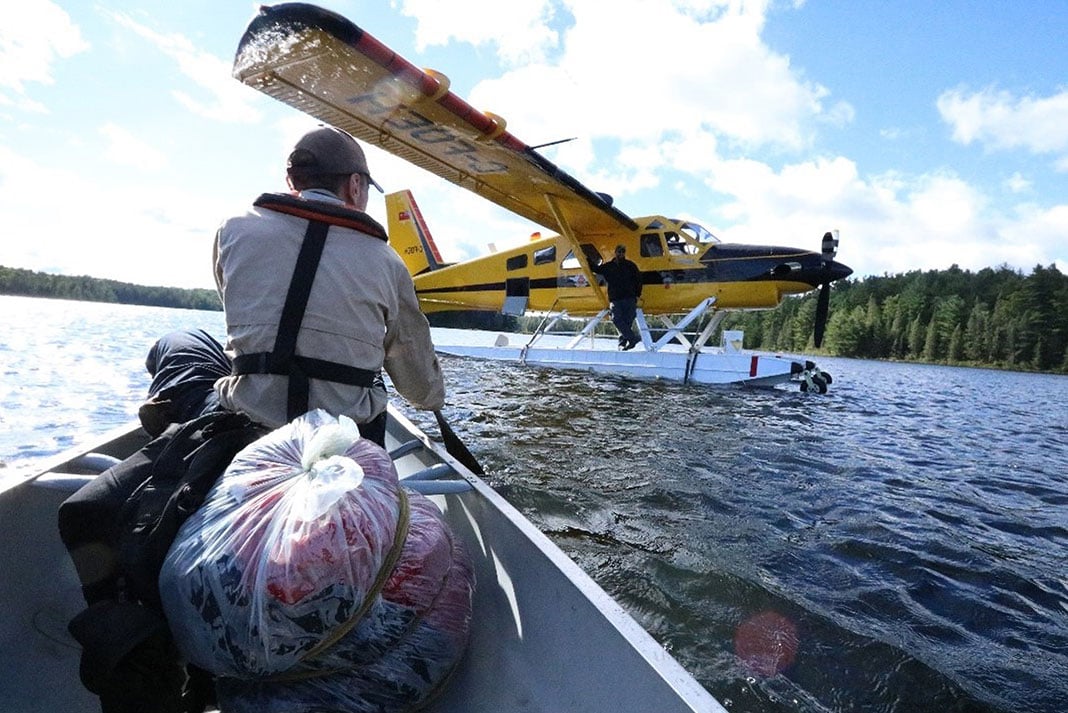"There have always been ignorant, unethical and apathetic campers wandering the woods. But if you’re feeling, like my group did, as though there are a lot more of them lately, you’re right."
"Now I’m hearing some paddlers talk about the need for a mandatory backcountry etiquette course taken before anyone heads out to sleep in the woods. This isn’t a new idea. Many national parks, including Canada’s Pacific Rim and Gros Morne National Parks and the United States’ Yosemite, Denali and Glacier National Parks, require users to attend orientation sessions before issuing permits on some backcountry routes. Why not do the same for all protected spaces?"

 paddlingmag.com
paddlingmag.com
Aye or nay to this idea?
"Now I’m hearing some paddlers talk about the need for a mandatory backcountry etiquette course taken before anyone heads out to sleep in the woods. This isn’t a new idea. Many national parks, including Canada’s Pacific Rim and Gros Morne National Parks and the United States’ Yosemite, Denali and Glacier National Parks, require users to attend orientation sessions before issuing permits on some backcountry routes. Why not do the same for all protected spaces?"

Is Mandatory Backcountry Education Coming To A Park Near You?
Litter, poop and fire damage have some paddlers calling for more regulations and enforcement at backcountry sites.
Aye or nay to this idea?
